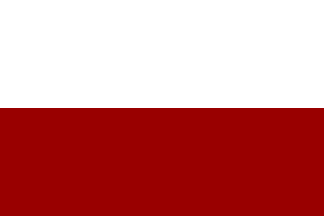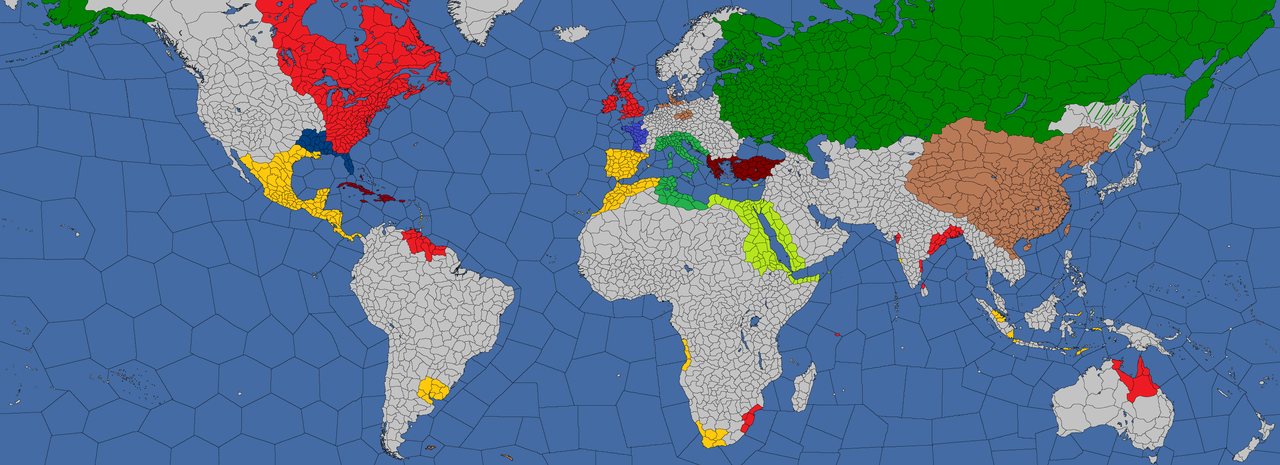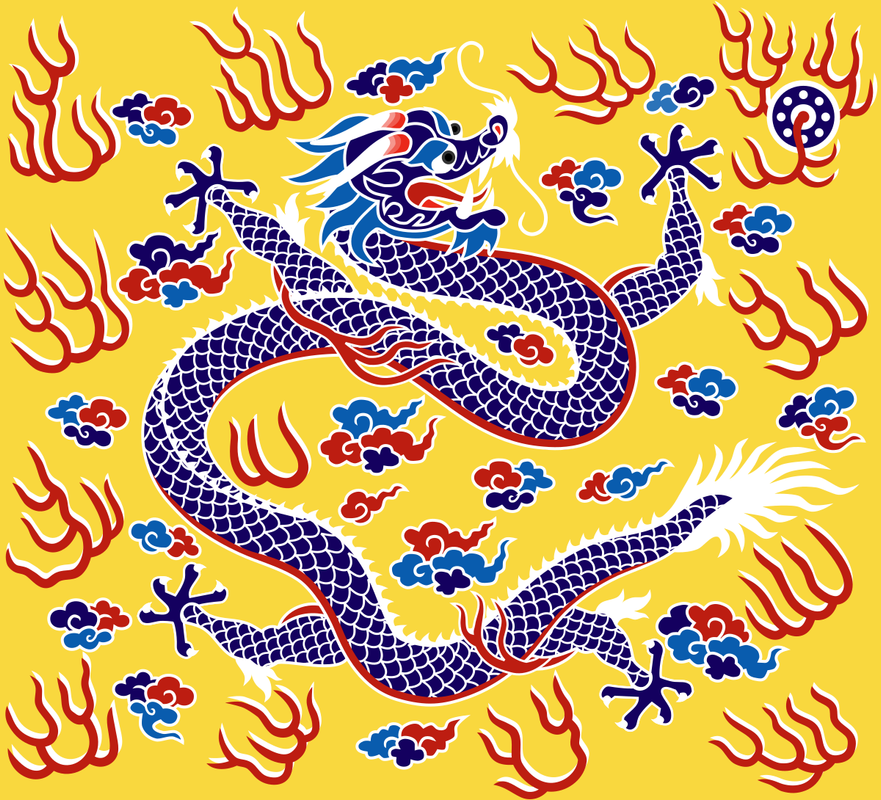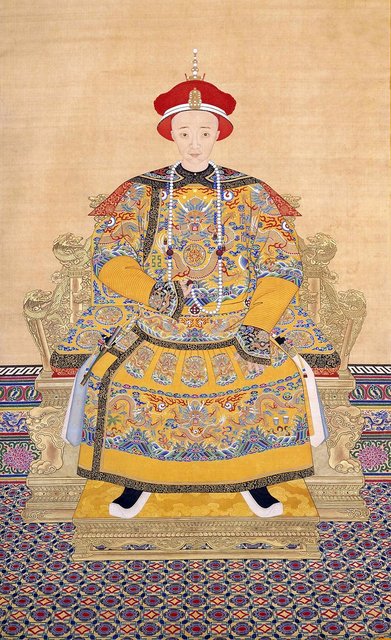Segmentia wrote:[DO NOT REMOVE : Voltaire]
Application
Nationstates Name Segmentia
Nation Name The British Empire
Flag
National Anthem God Save the Queen
Capital London
Type of Government Constitutional Monarchy, with the Crown holding broad and absolute privileges it can invoke at will
Head of State(s) Her Imperial Majesty Anne III, of House Stuart. Queen of Great Britain, Queen of Ireland, Queen of America, Protector of all British Peoples and Realms, Her Grace High Chancellor of the British and American Parliament, Supreme Governess of the Church of England
Image of Leader Queen Anne II
Political Faction or Party in Power [Basically the powers that be in your nation] The Tories
Population Roughly thirty eight million
Religion Breakdown 60% Hindu 20% Anglican, 12% Presbyterian, 5% Protestant, 3% Other
Public Goals Maintain its position as the strongest naval power of the world
Continue industrial expansion across the Empire
Continue expanding the Empire
Private Goals Map and claim the rest of the North American continent
Map Claims
Total military size
Breakdown of army 100,000, not counting militia
Broken down into Armies and Garrisons, the British Army in times of relative peace is one of exceptional professionalism, with the finest equipment
The Royal Army: Fifty Thousand strong and comprising of the most elite regiments of the British Army as a whole, the Royal Army is garrisoned throughout the British Isles. The Royal Army also deals with garrisoning the African holdings, with two thousand soldiers, and a few hundred soldiers in Australia.
The Colonial Army: Thirty thousand strong, the Colonial Army is comprised of both locally raised Colonial Regiments and proper British Regiments, the Colonial Army is tasked with securing and expanding the frontier, protecting settlers, and otherwise garrisoning the American colonies. The Colonial Army is noted for excellent light infantry formations.
The South American Garrison: At roughly five-thousand strong, the South American Garrison is tasked with securing British possessions in South America. They are primarly a defensive force, manning an impressive array of fortresses.
The Indian Army: As the Crown continues to gain more control over the East India Trading Company, one of the first things it took control of was the EITC military forces. Numbering roughly twenty thousand in total, the Indian Army is a combination of former EITC men and local troops.
Breakdown of navy Four-hundred and fifty warships, broken down into various fleets and squadrons.
Home Fleet
20 First Rate ships of the line
6 Second Rate ships of the line
14 Third Rate ships of the line
40 Fifth Rate Frigates
54 Sixth Rate Frigates
Atlantic Squadron
6 Fifth Rate Frigates
30 Sixth Rate Frigates
54 Sloops of war
North American Fleet
3 First Rate ships of the line
3 Second Rate ships of the line
7 Third Rate ships of the line
4 Fourth Rate ships of the line
16 Fifth Rate ships of the line
60 Sloops of war
South American Squadron
2 First Rate ships of the line
4 Third Rate ships of the line
12 Sixth Rate Frigates
40 Sloops of war
Africa Squadron
2 Third Rate ships of the line
10 Sixth Rate Frigates
20 Sloops of war
India Squadron
1 First Rate Ships of the line
12 Sixth Rate Frigates
30 Sloops of war
Currency British Pound Sterling
Major import/export partners Russia, the Maratha Confederacy
Major Domestic Issues
Native Integration
The American Colonies have been steadily pushing west, with the crowns blessing and support. Native tribes have been given the chance to assimilate into the Empire. Some agree, some don't, but either way it tends to cause some trouble.
Slavery in the Americas
Slavery has always been a touchy issue in the American colonies, and as the Empire moves to halt the slave trade, it has rightfully been called out for its hypocrisy of wanting to end the slave trade and allowing natives to integrate while slavery is still an on-going issue in America.
The Gentry
While the Industrial Revolution is catapulting the British economy to even grander heights, the drive for more and more has seen a sharp increase of people moving from rural areas into cities and towns, seeking and finding work in factories that seem to go up overnight. The landed Gentry, largely relying on the rents brought in by workers on their land, have been facing something of an economic crisis.
Major Foreign Issues
The Pirates
The loss of the Caribbean to a coalition of pirates, and the failed attempt to reclaim them, has been a national humiliation. While Queen Margaret tended to ignore the issue, Queen Anne II's mind is not known on the issue, but something must be done to right the humiliation
The Marinid
The Marinid Caliphate is one of the chief competitors on the world stage to the British, with their zones on interest overlapping across the globe.
Naval Supremacy
The battle for naval supremacy is a never ending one. Being an island nation, Britain relies on having the largest and most powerful navy in the world not only to secure their empire, but the Isles themselves. Warships are also expensive, and alliances with nations must be formed to try and limit just how massive of a navy Britain needs to defend itself.
History The History of the British Isles makes a major divergence at the invasion of Scotland by Oliver Cromwell in 1650. Rather then achieving a miracle of shattering the Scottish forces, Oliver Cromwell suffered defeat at the hands of the Scots. Oliver Cromwell was captured, tried, and executed. Hose Stuart continued to rule England, Scotland, and Wales up to the Acts of Union 1707, where Scotland and England were merged to become Great Britain. Queen Anne had a child that survived, and thus House Hanover was never made the royal House.
Queen Anne died in 1714, leaving the throne to her son. Charles III rule is noted for having been fairly successful in the British Isles, but very poor abroad. The greatest set-back being in 1718 when the Caribbean pirates formed a coalition and drove British presence from the Caribbean. An unwillingness to send ships and troops to reclaim the islands, as well as a few political events at home, saw Charles III simply allow the pirates to form their 'Libertalia'. Britain invested heavily into other colonial ventures after the loss, including North America. A poorly planned attempt was made in 1735 to retake the Caribbean, and while the British fleet did achieve some notable success, the campaign was ultimately a failure. Charles III's health would decline after the failed campaign, and in 1740 he would die, leaving the crown to his eldest daughter Margaret.
Queen Margaret was quite the firebrand, expanding the empire in Africa, India, and settling Australia. She had a powerful political following in Parliament that allowed her to to grant the crown more absolute privileges, tilting the balance of power firmly in the crowns favor. Half way through her reign, in the 1770s, a movement began to form and gain traction in America that called for American Colonists to be treated as true British citizens and be granted seats at Parliament. Parliament was reluctant to do so, dragging its feet, and Queen Margaret eventually used her authority to force Parliament to accept Colonial Members of Parliament, with some reports saying she even threatened to send the Royal Highlanders to dissolve Parliament if she heard another word of complaint. Thirteen colonial representatives were allowed seats in Parliament.
However, considering the considerable time it took to cross the Atlantic, Queen Margaret also allowed the establishment of a smaller American Parliament to deal with immediate issues in the American colonies, and also formed a landed nobility there as well, to serve as an upper level of the Parliament, however the amount of titles were quite limited, and the lands granted to them rather small. Royal representatives were also sent to oversee the American Parliament, with a Great Office of State, the Steward of America, being established. The first Steward of America was named as Benjamin Franklin, who had been serving in Parliament, and had before hand been the agent to the crown for several of the colonies, as well as having established himself in the scientific community of London for years. Steward Franklin still serves to this day.
Queen Margaret's last decade on the throne, 1774-1784, saw an expansion of the British navy and preparing her daughter Anne for the throne.
Anne II was crowed at the age of 18, in mid-January 1784. Although young, Anne II is noted as having sound political acumen, and is a firebrand like her mother, even more so, and she is noted as having a fierce temper.
Roleplay example link
Accepted



